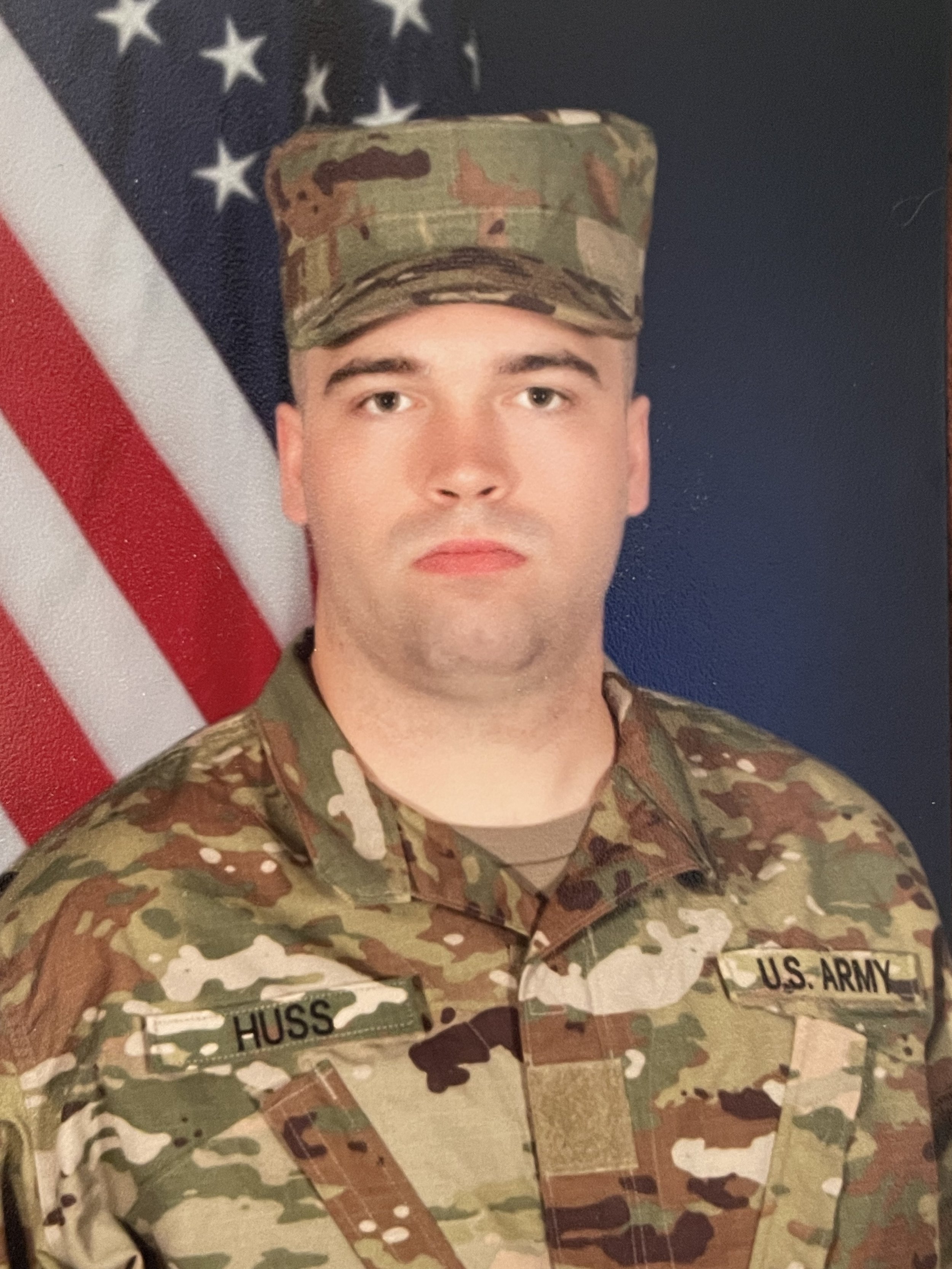Military Medical Malpractice at Fort Benning - The Tragic Case of Christopher Wellington Huss
On January 17th, 2019, while stationed at Fort Benning, Georgia, Christopher Wellington Huss developed a fever of 103° and sought medical attention at the base emergency room. Despite his high fever, Christopher was given a simple fever reducer and sent back to his barracks without any restrictions on his activities—a decision that would prove to be tragically inadequate.
Two days later, on January 19th, Christopher returned to the base emergency room with severe back pain, fever, and dehydration. He was diagnosed with the flu, and bed rest was recommended. However, this recommendation was ignored by his Drill Sergeant, who forced Christopher to sit hunched over for two days, exacerbating his already deteriorating condition.
On January 21st, Christopher's health took a severe turn for the worse. He was taken back to the base emergency room with a dangerously high heart rate, which persisted throughout the day. Despite this alarming symptom, he was treated only for dehydration and sent back to his barracks. He was not transferred to an off-base hospital for more comprehensive care, nor was he kept for observation—a decision that would ultimately cost him his life.
Later that evening, at 9:53 PM, Christopher suffered the first of several heart attacks. His condition rapidly declined, but it wasn’t until 11:27 PM that the Army contacted Piedmont Regional Medical Center for a transfer. He was not actually transferred until 1:24 AM on January 22nd, nearly two hours later. Tragically, despite the efforts to save him, Christopher Wellington Huss passed away at 8:00 AM on January 22nd, 2019.
An autopsy revealed that Christopher, in addition to having the flu, was suffering from a Streptococcus A (Strep A) infection—a condition that had gone undiagnosed and untreated during his multiple visits to the base emergency room. This untreated infection led to six cardiac arrests, ultimately claiming his life.
What makes Christopher's case even more alarming is that he was in the same company as Dez Del Barba, who would fall critically ill just two weeks later due to the same Strep A infection. Dez’s condition was met with similar medical neglect, and it was only because of Christopher's tragic death that Dez’s family was aware of the potential severity of his illness. Dez wrote about Christopher in his first letter home, describing the death of a young 22-year-old soldier who left behind a 14-month-old child and a pregnant wife.
Despite these red flags, Fort Benning failed to take the necessary precautions to prevent further harm. When Dez’s illness was identified, the base attempted to downplay the severity of his condition, almost sweeping his case under the rug. It is only through the persistent efforts of Dez’s family that the truth came to light.
Christopher Wellington Huss’s death was not an isolated incident but rather a glaring example of the systemic medical malpractice within the military healthcare system. His life could have been saved if only he had received the proper care and attention that he so desperately needed. Instead, his death serves as a tragic reminder of the critical need for reform in the way our service members are treated when they fall ill or are injured.
Christopher’s story must not be forgotten. It is a call to action, a demand for accountability, and a plea for justice for all those who have been failed by the system that was supposed to protect them. We must ensure that no other family has to endure the heartache and loss that Christopher’s family has suffered. It is time for meaningful change, and it is time for justice for Christopher Wellington Huss.
This testimony is intended to honor Christopher’s memory, shed light on the systemic failures within the military medical system, and fuel the ongoing fight for justice and reform.



